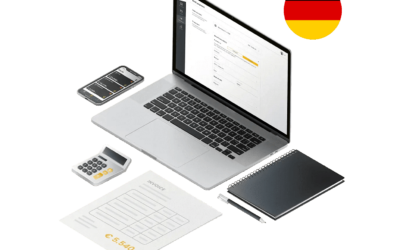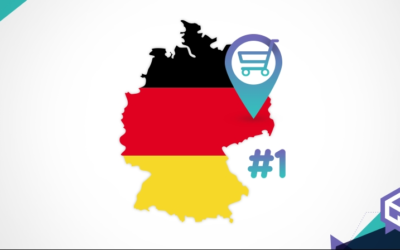GmbH registration steps
To start a registering process, follow the next steps:
| 1 Step |
The memorandum of association is drawn up at the notary’s office. The memorandum of association contains information about the legal address, activities of the enterprise, authorized capital (25,000 €) and capital structure (minimum 100 € per shareholder) and extra needed documents. |
| 2 Step |
The governing bodies are appointed: the meeting of participants and the executive director. Until the company is entered into the commercial register (Pre-GmbH phase), the executive director personally bears legal responsibility for the company. |
| 3 Step |
Organizing participants must mobilize a minimum amount of capital (non-cash form is allowed). |
| 4 Step |
An application is drawn up to enter the enterprise into the Trade Register; at this stage the GmbH is formed as a legal entity. |
Documents needed to open a company in Germany should be prepared carefully.
The GmbH form is recommended to establish trust (for example, to make it easier to obtain a loan from a bank). GmbH is also connected to the network of German Chambers of Commerce and Industry (Chambers of Commerce and Industry).
German GmbH (LLC) is the simplest form of corporation; the GmbH organization involves less strict conditions in contrast to AG, therefore it is simpler and cheaper.
A joint stock company (AG) is the second preferred form of doing business in Germany.
It is distinguished from GmbH by a greater number of formalities and conventions, as well as by the size of the Management Company and higher maintenance of costs to start a company in Germany.





















































